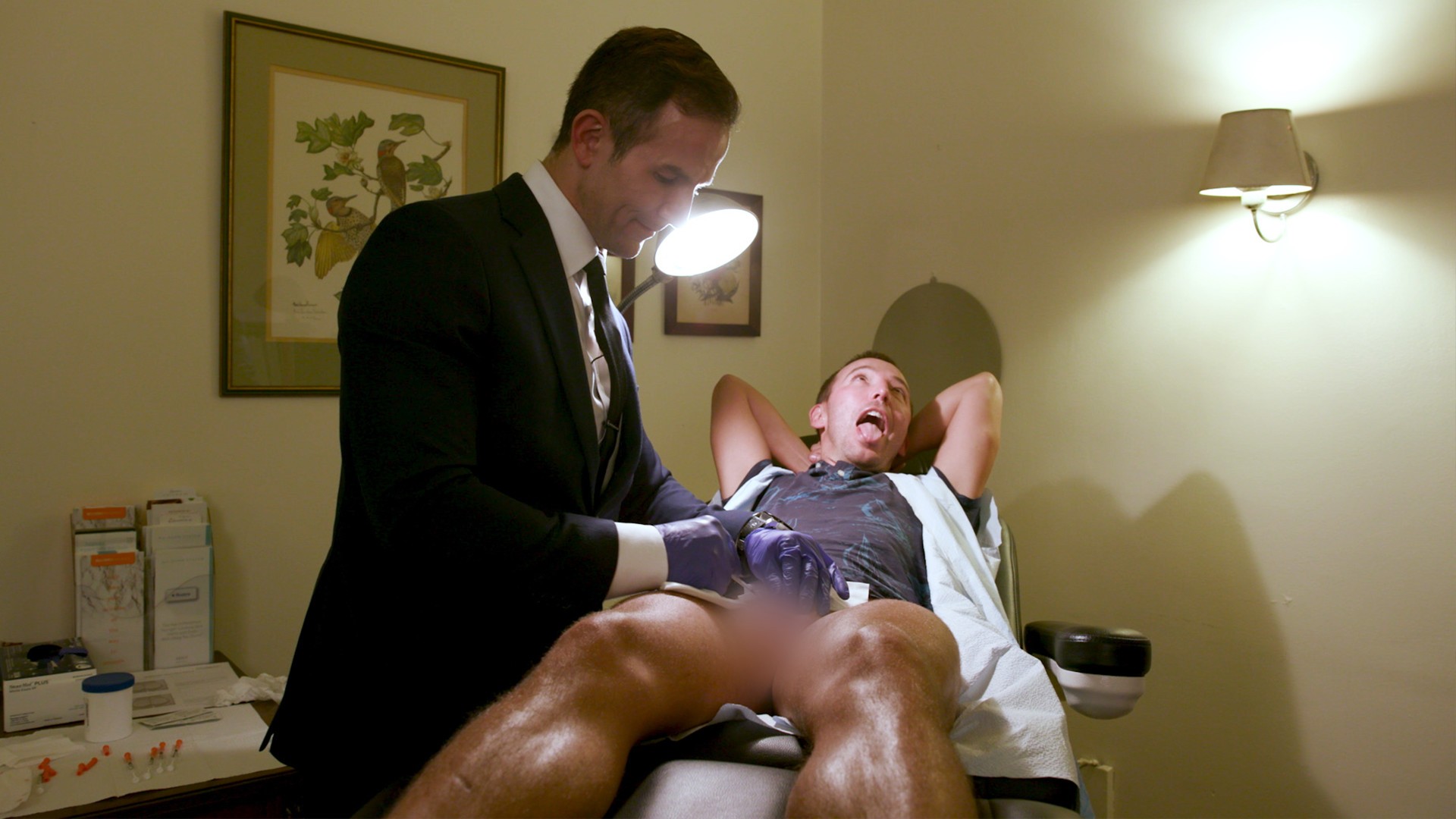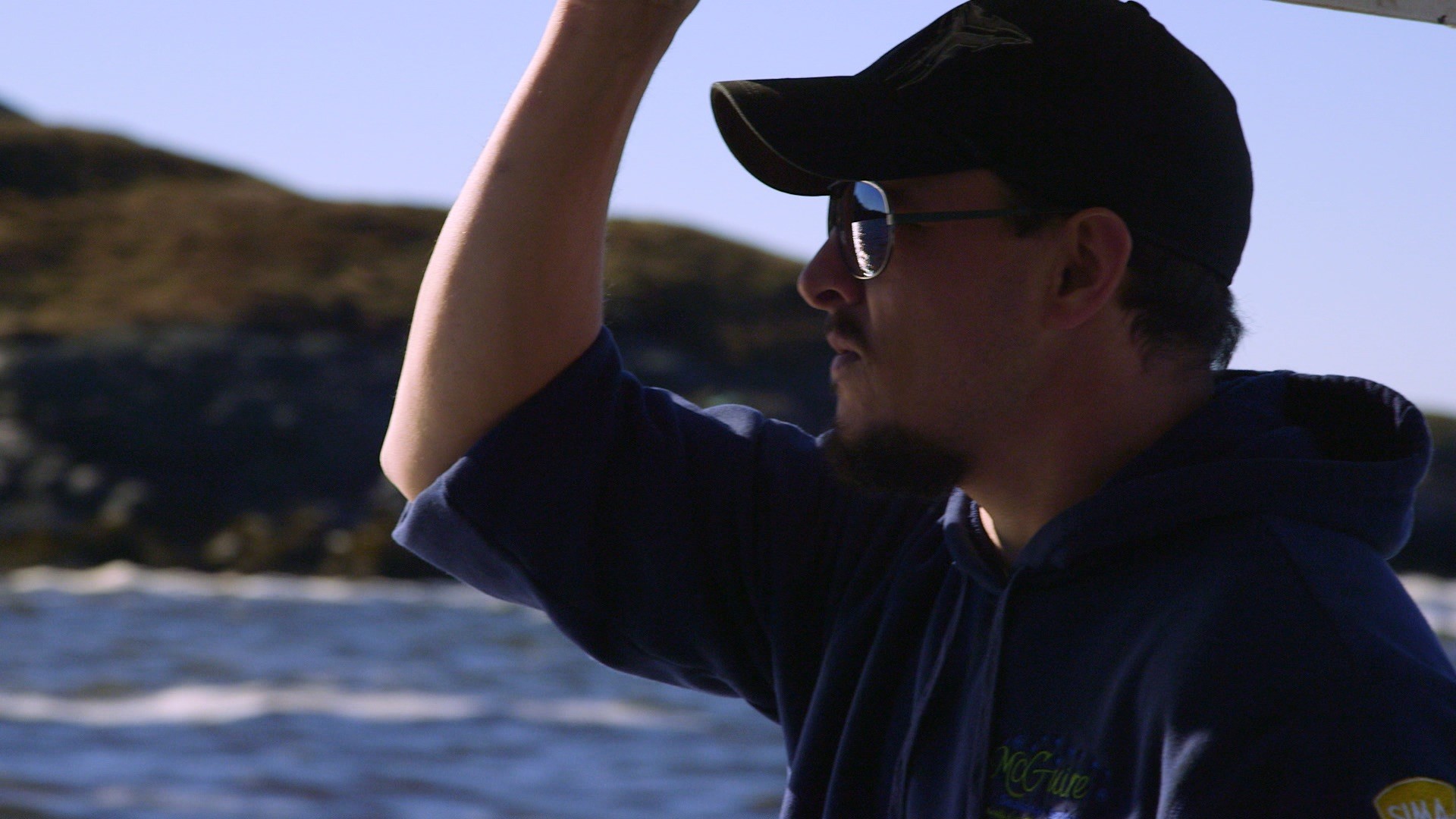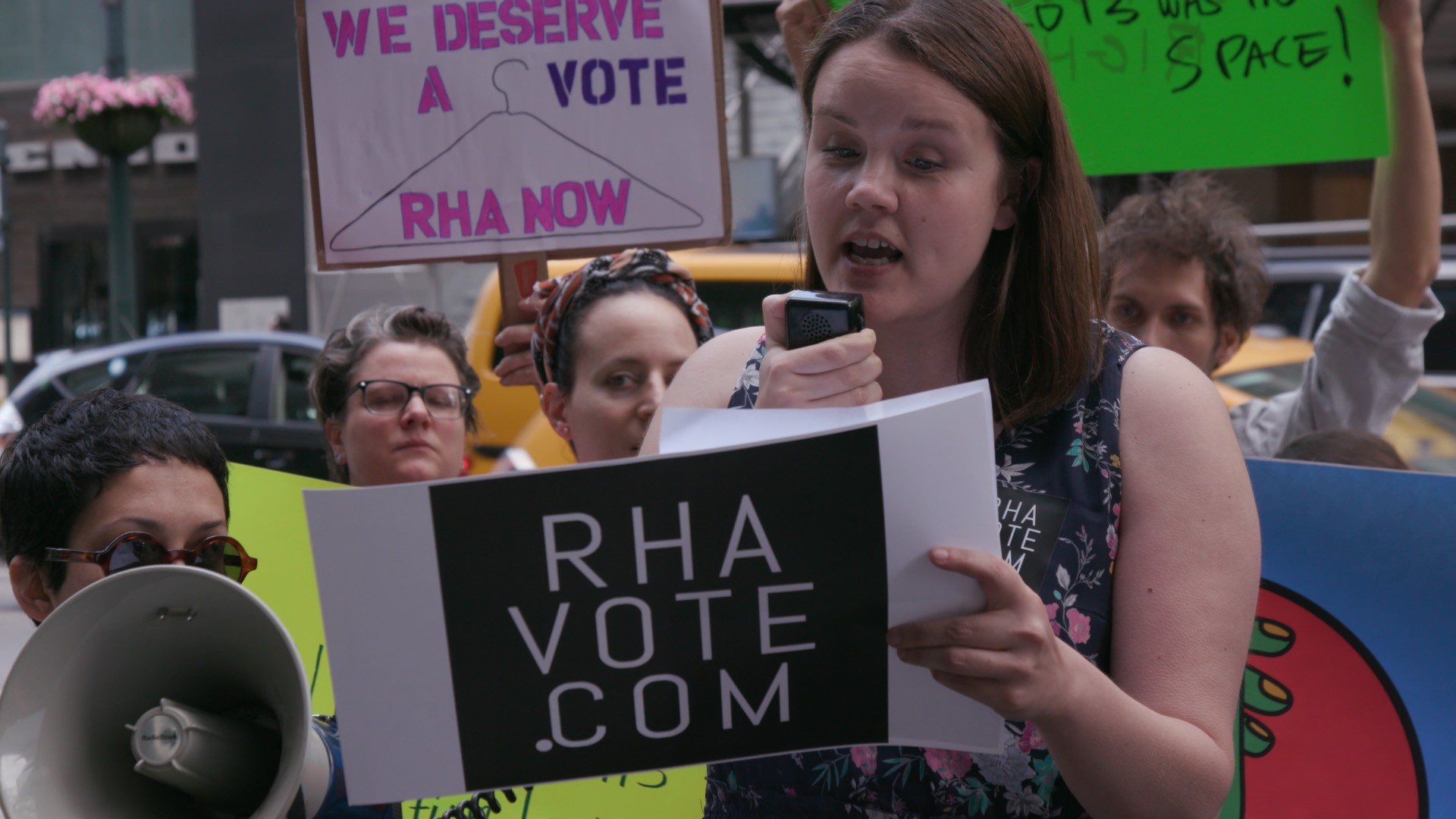This past year has been somewhat of a dumpster fire for healthcare, and a rusty, creaky, 1950s rollercoaster for our mental health. Still, people are out here living their best lives or examining their lives the way the best they can—honestly and unapologetically. And we got it all on camera. Here are some of the stories we watched the most this year.
Paul Kalanithi was 36, and just starting to get to the exciting part of his career as a neurosurgeon when he learned that he had stage four metastatic lung cancer. Realizing he didn’t have long to live, he decided to write what ended up being his memoir, When Breath Becomes Air. After he died in March of 2015, his wife Lucy—also a doctor at Stanford—wrote the epilogue and got the book published just months after he passed away. In this video, Lucy talks to Tonic about her experience with loss and grief.
 Clairton, Pennsylvania is home to the country's largest coke manufacturing plant—and alarming childhood asthma rates (three times the national average). Residents in the area are also predicted to be as much as 20 times more likely to develop cancer from these pollutants than people in areas surrounding Allegheny County. VICE's Adam Banicki traveled to Clairton to meet with community members, doctors, and officials to learn how the plant and the residents’ health could be linked.
Clairton, Pennsylvania is home to the country's largest coke manufacturing plant—and alarming childhood asthma rates (three times the national average). Residents in the area are also predicted to be as much as 20 times more likely to develop cancer from these pollutants than people in areas surrounding Allegheny County. VICE's Adam Banicki traveled to Clairton to meet with community members, doctors, and officials to learn how the plant and the residents’ health could be linked.
 Yup, we're nothing if not versatile, transitioning seamlessly from sociopolitical commentary to ball-related banter. Always curious about 2017's versions of the fountain of youth, we sent our resident "Yes Man" Grant Stoddard to try the latest trend in scrotal beautification: Scrotox. The scrotum, while serving the functional purpose of keeping the testicles at an optimal temperature for sperm production, is not always thought of as being pretty. That is, until now.
Yup, we're nothing if not versatile, transitioning seamlessly from sociopolitical commentary to ball-related banter. Always curious about 2017's versions of the fountain of youth, we sent our resident "Yes Man" Grant Stoddard to try the latest trend in scrotal beautification: Scrotox. The scrotum, while serving the functional purpose of keeping the testicles at an optimal temperature for sperm production, is not always thought of as being pretty. That is, until now.
 Depression and anxiety aren't foreign concepts to artists, especially comedians. As a stand-up comic, it’s Mike Brown’s job to make other people laugh. But he’s struggled with depression his whole life. “Everyone says comedy is hard. You know what's really hard? Facing problems head on,” he says. “Fuck that shit. I'm writing jokes.” In this video, Brown walks us through his depression affects to his life as a comedian.
Depression and anxiety aren't foreign concepts to artists, especially comedians. As a stand-up comic, it’s Mike Brown’s job to make other people laugh. But he’s struggled with depression his whole life. “Everyone says comedy is hard. You know what's really hard? Facing problems head on,” he says. “Fuck that shit. I'm writing jokes.” In this video, Brown walks us through his depression affects to his life as a comedian.
Running is a moving meditation for some and an activity to avoid at all costs for others. In this short doc, Tonic meets three New York City runners—Maria Solis Belizaire, Rog Walker, and Witold Bialokur—to learn about their personal motivations and relationships to the sport.
 STDs are on therisein the United States. Is it because people aren't as scared of them anymore or are they just unaware of how they spread? VICE's resident sex educator, Lola, walks the streets of Brooklyn, NY to find out just how much the average person knows about STDs.
STDs are on therisein the United States. Is it because people aren't as scared of them anymore or are they just unaware of how they spread? VICE's resident sex educator, Lola, walks the streets of Brooklyn, NY to find out just how much the average person knows about STDs.
 Tristen Nelson—a sternman on a lobster fishing boat in rural Maine—was 19 when he tried heroin for the first time. "I'd put gas in my car, I'd buy something to eat, and then I'd spend the rest of it on drugs," Nelson says. "Probably for every addict that's on the water, every single one of them is broke when the season ends." In 2016, the state of Maine averaged one drug overdose death a day, with the vast majority of those deaths by heroin. In this video and story, VICE goes behind the numbers to the fishing town of Machias to meet people whose lives have been affected by the heroin epidemic.
Tristen Nelson—a sternman on a lobster fishing boat in rural Maine—was 19 when he tried heroin for the first time. "I'd put gas in my car, I'd buy something to eat, and then I'd spend the rest of it on drugs," Nelson says. "Probably for every addict that's on the water, every single one of them is broke when the season ends." In 2016, the state of Maine averaged one drug overdose death a day, with the vast majority of those deaths by heroin. In this video and story, VICE goes behind the numbers to the fishing town of Machias to meet people whose lives have been affected by the heroin epidemic.
 An estimated half a billion people between the ages of 15-49 years have genital herpes, according to the World Health Organization. So why does it still carry such a stigma? Tonic spoke with three women about their experience living with HSV.
An estimated half a billion people between the ages of 15-49 years have genital herpes, according to the World Health Organization. So why does it still carry such a stigma? Tonic spoke with three women about their experience living with HSV.
 Maysoon Zayid, a Palestinian-American comedian with cerebral palsy, says she doesn't want to be cured. "I think it's often non-disabled people that want to cure us more than we want to be cured ourselves," she says. In this video, Zayid sheds light on her career as a performer, Trump, and what the Cures Act means to people like her.
Maysoon Zayid, a Palestinian-American comedian with cerebral palsy, says she doesn't want to be cured. "I think it's often non-disabled people that want to cure us more than we want to be cured ourselves," she says. In this video, Zayid sheds light on her career as a performer, Trump, and what the Cures Act means to people like her.
 Erika Christensen and her husband learned at 30 weeks that her fetus wouldn't be able to breathe outside the womb. For that and other medical reasons (she'd previously had brain surgery and was advised by her doctors that the pushing part of going into labor would be dangerous), her doctors suggested termination. She then found out that abortions after 24 weeks are illegal in New York state, unless the pregnant woman's life is in danger. There are no exceptions in cases of rape, risk to the mother's health, or if the fetus is nonviable, like theirs was. Tonic's Kate Lowenstein met with Erika—who had an abortion in Colorado 32 weeks into her pregnancy—to discuss why New York's Reproductive Health Act is so important.Read This Next: The Men Who Catch Your Lobsters Are Self-Medicating with Heroin
Erika Christensen and her husband learned at 30 weeks that her fetus wouldn't be able to breathe outside the womb. For that and other medical reasons (she'd previously had brain surgery and was advised by her doctors that the pushing part of going into labor would be dangerous), her doctors suggested termination. She then found out that abortions after 24 weeks are illegal in New York state, unless the pregnant woman's life is in danger. There are no exceptions in cases of rape, risk to the mother's health, or if the fetus is nonviable, like theirs was. Tonic's Kate Lowenstein met with Erika—who had an abortion in Colorado 32 weeks into her pregnancy—to discuss why New York's Reproductive Health Act is so important.Read This Next: The Men Who Catch Your Lobsters Are Self-Medicating with Heroin
Advertisement



Running is a moving meditation for some and an activity to avoid at all costs for others. In this short doc, Tonic meets three New York City runners—Maria Solis Belizaire, Rog Walker, and Witold Bialokur—to learn about their personal motivations and relationships to the sport.
Advertisement




